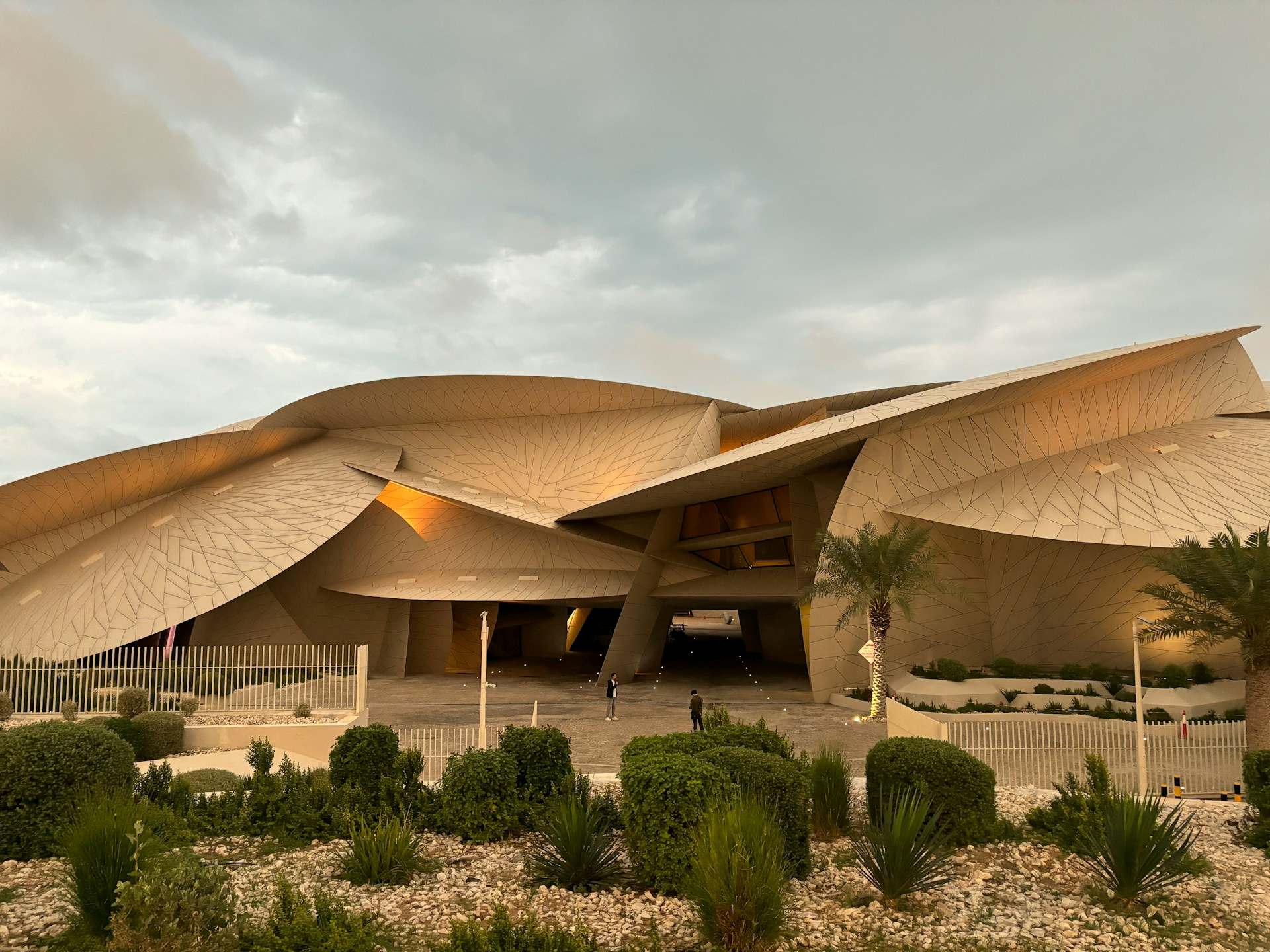The Middle East is quickly becoming a global leader in the travel and tourism sector, with total spending expected to exceed $350 billion by 2030. This surge in spending is driven by investments in luxury tourism, sports events, and enhanced aviation connectivity, positioning the region as a top destination for international travelers seeking exclusive experiences and world-class events.
Countries like Saudi Arabia, the UAE, and Qatar are investing heavily in luxury tourism, with projects like Saudi Arabia’s Red Sea Project, which is set to feature 50 luxury hotels across 22 islands. Additionally, the UAE continues to expand its luxury offerings, including the development of a new Disneyland on Yas Island, aiming to attract high-net-worth travelers from around the world. These investments are transforming the region into a must-visit destination for those seeking top-tier accommodations and experiences.
In addition to luxury tourism, the Middle East has seen a significant rise in sports tourism, becoming a key hub for international sporting events. Saudi Arabia, for example, has hosted more than 80 global events in the past four years, and major events like the 2034 FIFA World Cup and Formula 1 races are expected to further boost tourism in the region. The growth of sports tourism is a strategic move to diversify the economy and attract millions of sports enthusiasts from around the globe.
Aviation connectivity in the Middle East is also seeing unprecedented growth. Airlines in the UAE, Saudi Arabia, and Turkey are rapidly expanding their international routes, making it easier for global tourists to access the region. For example, the UAE ranks 7th globally in terms of seat availability, and Saudi Arabia is set to increase its inbound air seats by 5.2% by the end of 2025. The expansion of international air routes, coupled with strategic partnerships like the one between Riyadh Air and Air France-KLM, is strengthening the Middle East’s position as a global tourism hub.
As the region continues to invest in infrastructure, sports, and luxury tourism, the Middle East is on track to become one of the most important global travel destinations in the coming years. With such significant growth expected in travel spending, the region’s tourism industry is set to thrive as it offers unparalleled experiences for both leisure and business travelers.


